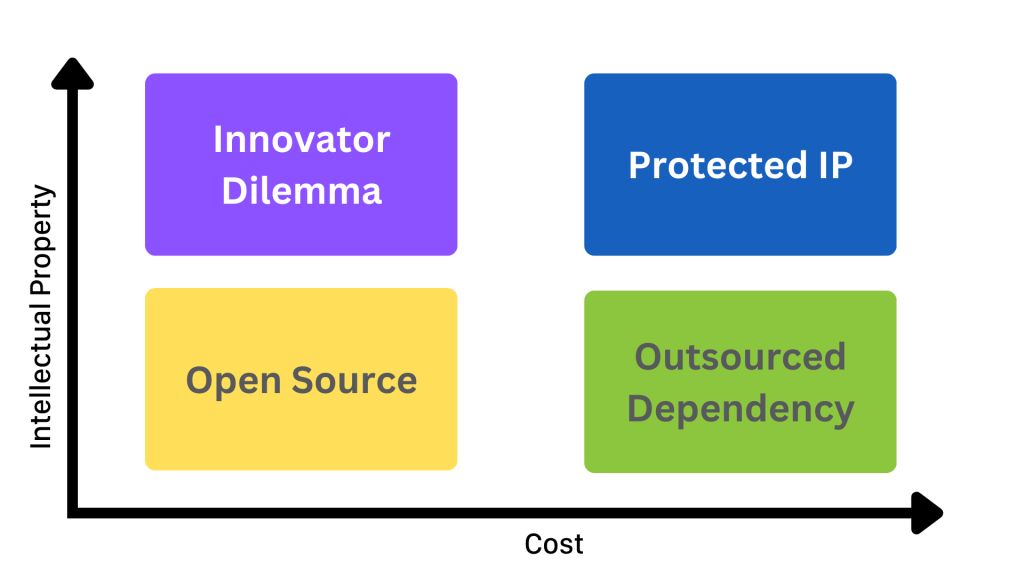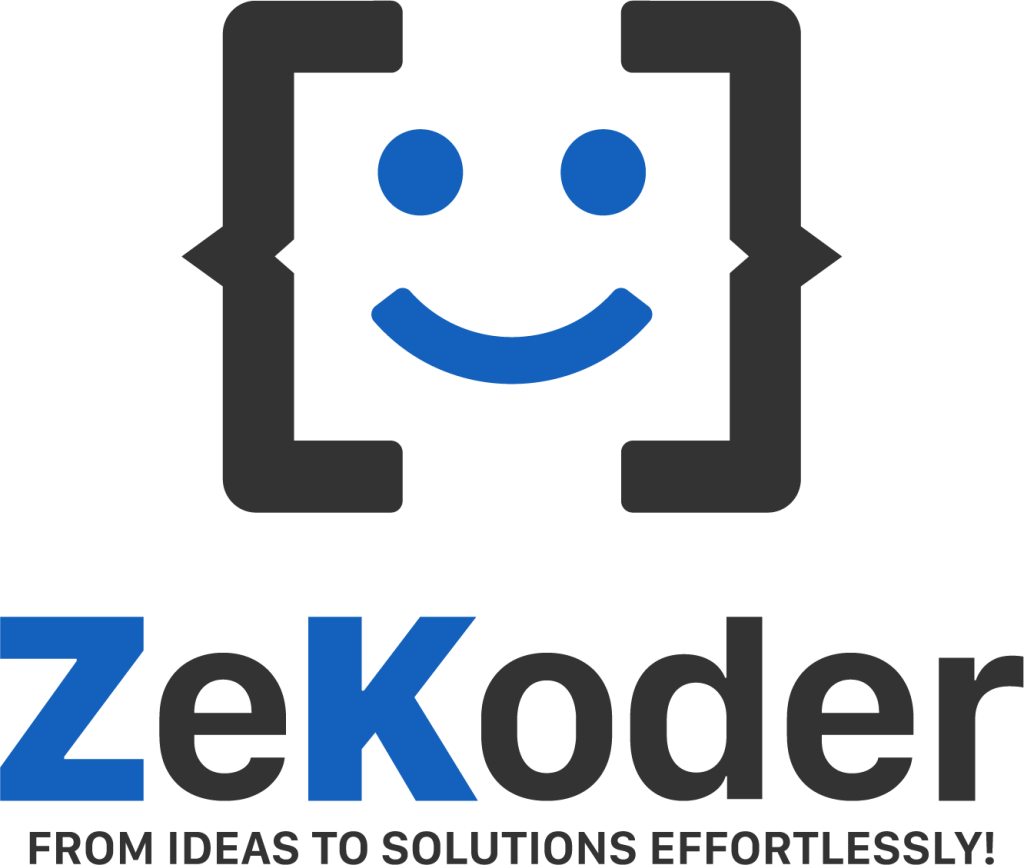Code Ownership Challenges In Software Projects

In the dynamic landscape of software development, code ownership stands as a critical challenge, especially for non-coder founders in the early stages of idea exploration. These entrepreneurs often possess innovative visions but lack the technical expertise to translate their ideas into functional software. Consequently, they turn to external development firms or freelancers, a practice fraught with risks to intellectual property (IP) and long-term project sustainability.
The Code Ownership Dilemma
In software development, code ownership refers to the accountability and control over the source code of a project. Ownership ensures the ability to maintain, modify, and scale the software without unnecessary dependencies. However, for non-technical founders outsourcing their web development or cloud deployment tasks, ownership can become ambiguous, leaving them vulnerable to several pitfalls:
- Vendor Lock-In: Some development firms retain control over the source code, making it challenging for founders to switch vendors or take over the project independently.
- IP Disputes: Without clear agreements, disputes over code ownership can arise, potentially halting development.
- Technical Debt: Poorly documented or proprietary code can lead to high costs when onboarding new developers or firms.
Visualizing the Trade-Off: Cost vs. Intellectual Property
The attached image illustrates the trade-off between cost and intellectual property (IP) in software projects:
- Open Source (Low Cost, Low IP): Open-source projects are affordable and accessible but offer limited protection for proprietary innovations.
- Innovator Dilemma (Low Cost, High IP): Founders aiming for high IP at a low cost often face challenges in sustainability and scalability without technical expertise.
- Outsourced Dependency (High Cost, Low IP): Outsourcing often incurs significant costs while leaving founders with limited control over the code.
- Protected IP (High Cost, High IP): Achieving protected IP requires substantial investment but ensures full control and scalability.

Examples of Code Ownership Failures
Several cases highlight the perils of neglecting code ownership:
- Theranos: Although primarily known for its technological and operational failures, the company’s heavy reliance on outsourced development compounded its challenges. Lack of in-house expertise made it difficult to address technical flaws effectively.
- Healthcare.gov: The U.S. government’s healthcare platform faced significant delays and performance issues due to outsourced development. The fragmented codebase and poor documentation led to costly remediation efforts.
- Myspace: Once a giant in social networking, Myspace’s inability to modernize its codebase due to fragmented ownership and technical debt contributed to its decline.
Best Practices for Securing IP When Outsourcing
To mitigate risks, founders should adopt these best practices:
- Draft Clear Contracts: Ensure the agreement explicitly states that all source code, documentation, and related assets are owned by the founder.
- Request Documentation: Comprehensive documentation ensures smooth transitions and reduces dependency on specific developers.
- Perform Code Reviews: Regular reviews by third-party experts can assess the quality and maintainability of the code.
- Use Repositories Like GitHub: Hosting code on platforms like GitHub provides transparency, version control, and a centralized location for the project.
How ZeKoder Overcomes Code Ownership Challenges
ZeKoder revolutionizes the approach to software development, particularly for non-coder founders, by offering a platform that prioritizes transparency, flexibility, and security.
- Modular Development: ZeKoder’s modular approach ensures that each component of your application is self-contained and reusable. This design minimizes dependencies, making it easier to maintain and scale projects.
- GitHub Integration: ZeKoder seamlessly integrates with GitHub, enabling founders to store their source code in a secure, centralized repository. This feature ensures full visibility into the development process and guarantees ownership of the code.
- No-Code DevOps: With ZeKoder’s advanced no-code DevOps capabilities, founders can deploy applications to the cloud with ease. Automated workflows eliminate the need for specialized DevOps teams, reducing costs and empowering founders to manage deployments independently.
- Code Ejection: A unique feature of ZeKoder is its ability to “eject” the entire source code. This ensures founders can continue development outside the platform without vendor lock-in, safeguarding their IP and future scalability.
Conclusion
Code ownership is an essential but often overlooked aspect of software development, particularly for non-coder founders exploring new ideas. By understanding the challenges and adopting best practices, founders can protect their IP while outsourcing web development and cloud deployment tasks. ZeKoder’s innovative platform provides a robust solution to these challenges, enabling founders to retain control over their projects while leveraging state-of-the-art development tools. With ZeKoder, non-coder founders can focus on innovation, knowing their IP is secure and their software development journey is future-proofed.

